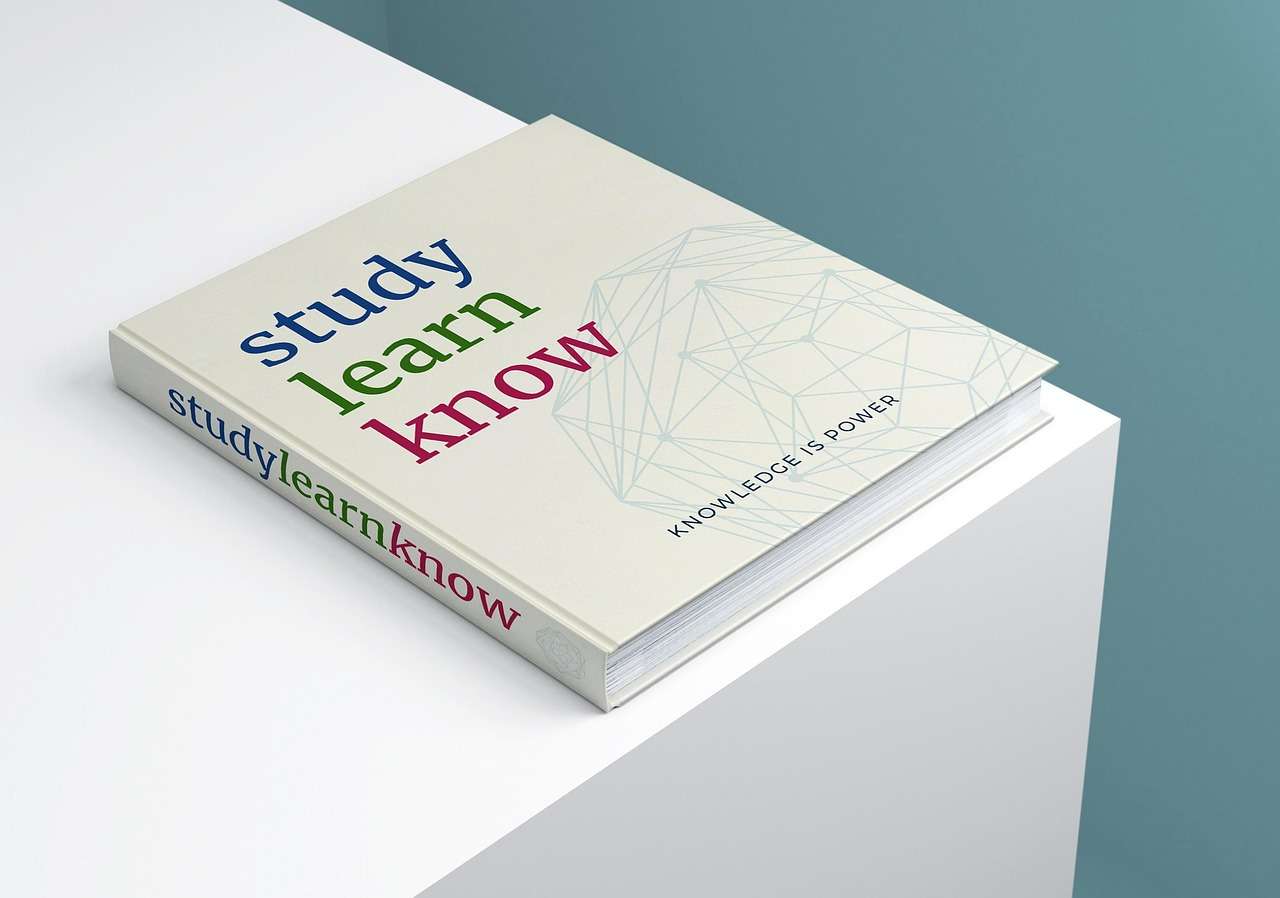The Struggles of PhD Dissertation Writing and Where to Find Help
Completing a PhD dissertation is one of the most demanding intellectual challenges in academic life. It tests not only subject knowledge but also time management, project planning, and the ability to maintain consistent productivity over a long period. Over the years, I have worked closely with doctoral candidates across various disciplines, and recurring challenges have become apparent. These include defining research scope, maintaining momentum, navigating institutional expectations, and accessing reliable support structures. In this article, I will outline the most persistent difficulties and explore viable forms of assistance that can improve outcomes for PhD candidates.
Scope, Structure, and Scholarly Confidence
One of the earliest and most paralyzing obstacles doctoral candidates face is defining the scope of their dissertation. Selecting a topic that is both original and researchable within the constraints of time and access to resources is rarely straightforward. Even when the topic is selected, structuring the dissertation poses another set of difficulties. Many candidates struggle to balance theoretical depth with empirical data, or to integrate literature reviews with critical analysis in a coherent way.
During a consultation with a doctoral candidate in philosophy, it became evident that a conceptual framework had been selected too early, without enough literature support. After months of writing, the candidate found that entire chapters had to be revised. This is not an isolated case. In my experience, structured feedback in the early stages—whether from a supervisor or a writing advisor—can prevent such missteps. For those without consistent access to supervisory input, external support can be beneficial. I have referred candidates to a service like https://kingessays.com/dissert....ation-writing-servic that provided structural planning, which proved valuable in recalibrating their research trajectory without compromising academic integrity.
Project Fatigue and Isolation
The time frame of dissertation work often spans several years, during which candidates work with minimal direct interaction. This isolation, compounded by mounting expectations and performance anxiety, can lead to disengagement. Even those who are intellectually committed to their topics report phases of stagnation, fatigue, or difficulty in seeing the dissertation as a complete work.
I observed this while mentoring a doctoral candidate in biomedical sciences, who had successfully published three papers but struggled to frame them within a cohesive dissertation. The issue was not the quality of the research but the narrative arc and academic argumentation required by the institution. In this case, we explored customized writing support that focused on cohesion and consistency. One resource we found helpful included https://kingessays.com/thesis-writing-service/, which offered feedback tailored to the expectations of graduate-level writing rather than generic language editing. This approach helped the candidate integrate publications into a unified argument suitable for submission.
Institutional and Administrative Complexity
Doctoral students frequently encounter institutional barriers, including shifting requirements, delayed feedback from committees, and limited clarity about formatting or submission policies. While these challenges are procedural, they can significantly delay completion. Furthermore, the expectations of different committee members may vary widely, especially in interdisciplinary research, leading to conflicting advice and revisions.
Administrative ambiguity became a central issue for a candidate I advised at a research university in California. After completing most of the writing, they discovered that departmental formatting guidelines had changed mid-process. Redoing citations and layout cost several weeks of additional work. Institutional consistency, unfortunately, cannot always be assumed. In such cases, experienced academic consultants or department-appointed advisors can help manage bureaucratic demands efficiently.
The Role of Peer Review and Feedback Loops
Feedback is essential to the success of any dissertation, yet many candidates receive it too late or too infrequently. Regular, structured peer review sessions are underutilized in many departments, particularly in the humanities and social sciences. When implemented, these sessions improve critical thinking, argumentation, and editing skills.
One approach I have found useful is to integrate peer feedback with independent consultations. At a workshop held in Toronto, doctoral students were encouraged to bring annotated drafts for small-group review. The combination of peer critique and faculty-led sessions significantly improved the clarity of arguments and depth of analysis across all submissions.
Where peer review is not formally organized, candidates may turn to academic writing groups or forums that facilitate critique exchange. These platforms, while informal, provide a necessary space for constructive revision, especially when institutional mentorship is inconsistent.
Strategic Resources and Professional Support
While institutional support remains the cornerstone of doctoral success, it is not always sufficient or consistent. Professional guidance can fill these gaps in a structured and ethical way. This includes editorial services, data analysis support, language review for non-native English speakers, and research design consultation.
Candidates are advised to seek assistance early and not wait until they encounter a crisis point in their work. Preliminary support in formulating research questions, refining methodology, or mapping literature reviews can prevent later complications. Structured help does not replace independent scholarship, but rather enables it.
Long-Term Support Structures and External Opportunities
To truly enhance doctoral outcomes, support should extend beyond reactive solutions. Long-term mentoring and access to funding resources play a vital role in sustaining engagement and performance. Universities and research institutions are increasingly recognizing this by creating programs that integrate career planning, writing assistance, and grant application training into doctoral education.
For instance, initiatives such as https://grad.ncsu.edu/student-....funding/fellowships- provide structured pathways for research continuity, professional development, and postdoctoral transitions. These programs offer a sustainable model for academic progression and can significantly reduce attrition rates among doctoral candidates.
Conclusion
Dissertation writing is not merely an academic task; it is a comprehensive, long-term project that requires strategic planning, sustained effort, and appropriate support mechanisms. Based on years of advising doctoral candidates, I can affirm that the most successful dissertations are those supported by a network of resources—both institutional and external. Structured writing assistance, timely feedback, and access to mentoring create an environment where doctoral candidates can complete their work not just successfully, but confidently and independently.






